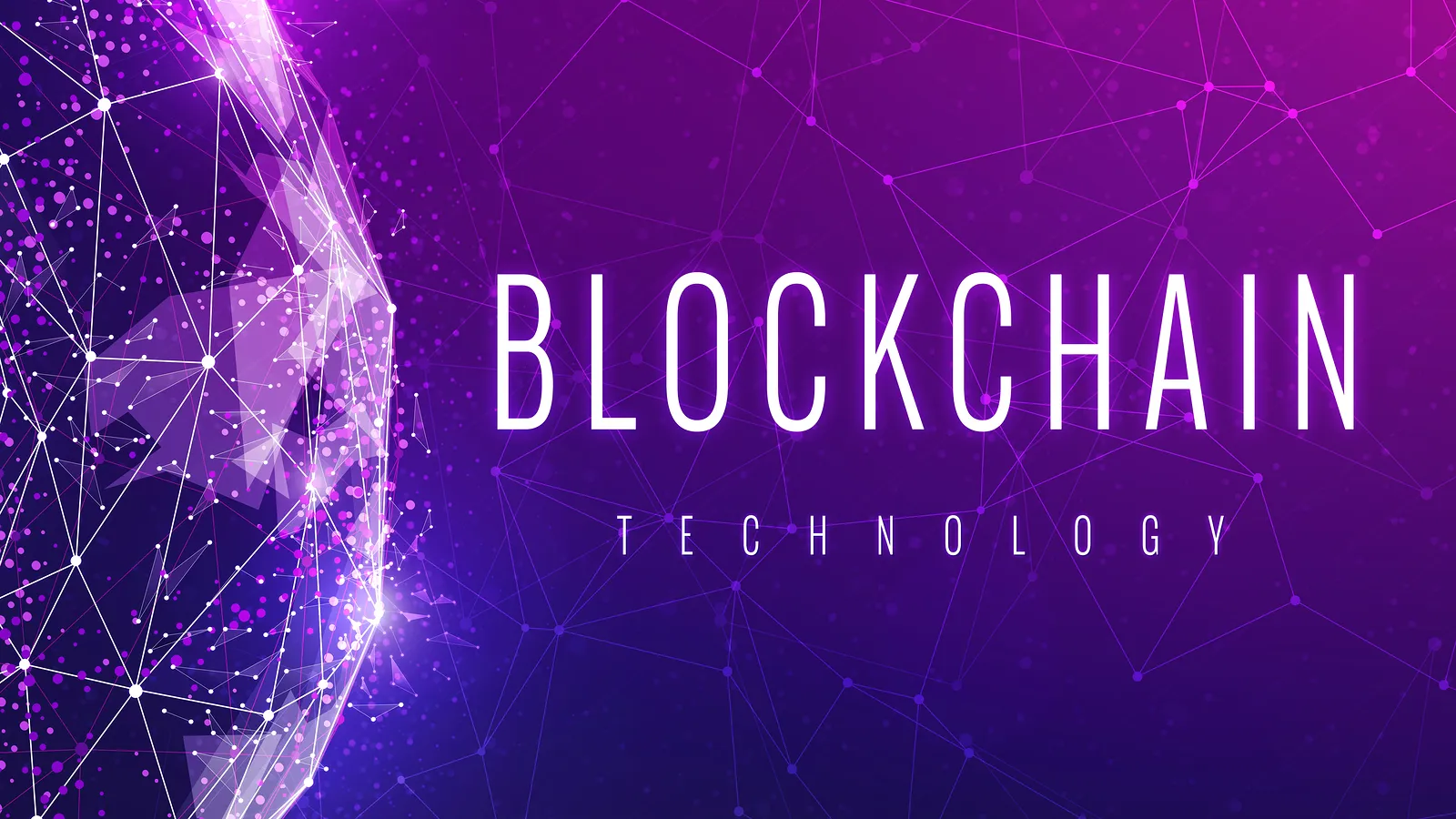As the use of cryptocurrencies like Bitcoin and others has increased, attention has shifted to the blockchain, the distributed ledger technology (DLT) at the heart of these digital currencies.
At its core, blockchain technology is simple to grasp. Essentially, the technology exists as a shared database with entries that must be confirmed and encrypted by peer-to-peer networks.
Imagine it as a strongly encrypted and verified shared Google Document, where each entry in the sheet depends on a logical relationship to all its predecessors and is agreed upon by everyone on the network.
However, blockchain technology has many more potential applications than just serving as the fuel for Bitcoin. We’ve highlighted potential blockchain applications to explore in 2022 below.
Supply Chain Management

The immutable ledger of blockchain makes it well suited to tasks like tracking goods in real-time as they move and change hands throughout the supply chain. Using a blockchain provides companies transporting these goods with several options. Entries on a blockchain can use to queue up events in a supply chain, such as allocating newly arrived goods to different shipping containers. Blockchain technology offers a new and dynamic way of organizing and using tracking data.
Healthcare
General health data suitable for blockchain include age, gender, and potentially primary medical data, such as immunization history or vital signs. None of this information would be able to specifically identify any patient on its own, which is why it can store on a shared blockchain that many people can access without compromising their privacy.
Blockchain can connect specialized medical devices with a person’s health record as they become more common and increasingly linked to that record. Devices can store and append data generated by a healthcare blockchain to personal medical records. The siloing of data generated by connected medical devices is a significant issue, but blockchain could be the link that bridges those silos.
Real Estate

Every five to seven years, the average homeowner sells their home, and the average person moves nearly twelve times in their lifetime. With such constant movement, blockchain could be helpful in the real estate market. It would speed up home sales by quickly verifying finances, reducing encryption fraud, and providing transparency throughout the selling and buying process.
Media
Media companies have already used blockchain technology to eliminate fraud, cut costs, and even protect content’s Intellectual Property (IP) rights, such as music records. MarketWatch estimates that the global market for blockchain in media and entertainment will reach $1.54 billion by 2024.
Eluvio, Inc. is one platform that has taken the lead in leveraging blockchain for media. Eluvio Content Fabric, officially launched in 2019, uses blockchain technology to enable content producers to manage and distribute premium video to consumers and business partners without using content delivery networks.
MGM Studios recently tapped the platform for “global streaming to the web, mobile, and TV everywhere audiences of ‘certain properties.’”
Energy
According to PWC, blockchain technology could use to execute energy supply transactions and provide the foundation for metering, billing, and clearing processes. Other potential applications include asset management, ownership documentation, origin guarantees, emission allowances, and renewable energy certificates.
Conclusion
That is all about potential blockchain applications to explore in 2022. If you need or want advice on blockchain development services, contact SmartOSC.
Contact us if you have any queries about Blockchain development services, dApps development, NFT marketplace development, Crypto wallet development, Smart contracts development.

